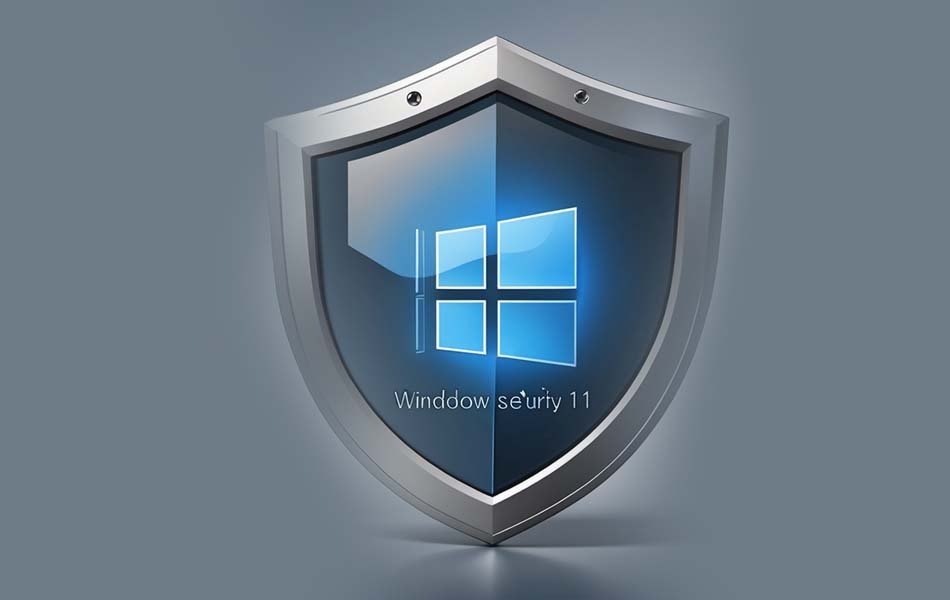
Windows 11 Security Features: What’s New?
Introduction With the release of Windows 11, Microsoft has taken a significant step forward in enhancing security features to protect users from an ever-evolving landscape of cyber threats. Whether you’re a casual user or an IT professional, understanding these new security features can help you safeguard your data and maintain peace of mind while using your device.
1. Enhanced Hardware-Based Security Windows 11 introduces a new baseline for hardware security, requiring devices to support TPM 2.0 (Trusted Platform Module). TPM 2.0 is a critical component that provides hardware-level security by securely storing cryptographic keys, which are used to verify the integrity of the system. This ensures that only trusted software can run on your device, reducing the risk of firmware attacks.
2. Secure Boot Secure Boot is not a new feature, but in Windows 11, it’s more robust. This security standard ensures that your PC boots using only software that is trusted by the manufacturer. It helps prevent malicious code from running when the system starts up, which can be a critical defense against rootkits and boot-time malware.
3. Virtualization-Based Security (VBS) Virtualization-Based Security (VBS) is another significant enhancement in Windows 11. VBS uses hardware virtualization to create an isolated, secure environment for sensitive tasks. This makes it harder for attackers to exploit vulnerabilities in the operating system, as critical security processes are run in a separate environment that’s shielded from the rest of the system.
4. Windows Hello Windows Hello in Windows 11 continues to provide a secure and convenient way to log in using biometrics like facial recognition or fingerprints. It’s more integrated into the OS, allowing users to quickly access their devices while ensuring that their credentials are stored securely. This feature significantly reduces the risk of phishing attacks and password theft.
5. Pluton Security Processor One of the most talked-about new features in Windows 11 is the Pluton Security Processor. Developed in partnership with AMD, Intel, and Qualcomm, Pluton is designed to protect against physical attacks by integrating security directly into the CPU. This processor is resistant to tampering and can help safeguard encryption keys and credentials, even if an attacker has physical access to your device.
6. Smart App Control Windows 11 introduces Smart App Control, a feature that leverages AI to identify and block potentially harmful apps before they can run. By analyzing app behavior and reputation, Smart App Control can prevent the execution of malicious software, providing an additional layer of protection against malware and ransomware attacks.
7. Enhanced Data Protection with BitLocker BitLocker, Microsoft’s encryption technology, is even more powerful in Windows 11. It provides full disk encryption to protect data on your device, and with improved integration and management features, it’s easier than ever to ensure your sensitive data remains secure. BitLocker also now supports modern standby, ensuring that your data is protected even when your device is in sleep mode.
8. Microsoft Defender Antivirus Microsoft Defender Antivirus continues to be a key component of Windows security, and in Windows 11, it’s smarter and faster. With cloud-delivered protection, Microsoft Defender can detect and block threats in real time, ensuring that your device is always protected against the latest malware and viruses.
Conclusion Windows 11 is more than just a visual upgrade—it’s a significant step forward in protecting users from modern security threats. From hardware-based security enhancements to smarter software defenses, Windows 11 provides a robust and comprehensive security environment that can give users the confidence to navigate the digital world safely. By understanding and leveraging these new features, you can ensure your data and privacy are better protected than ever before.



